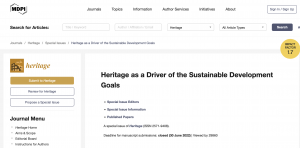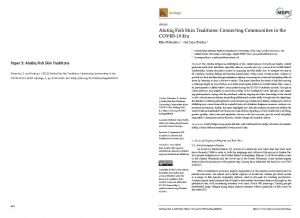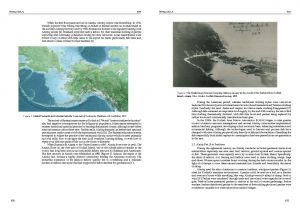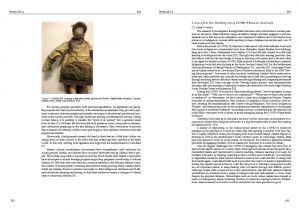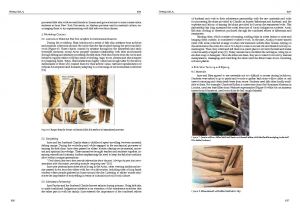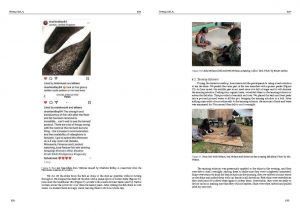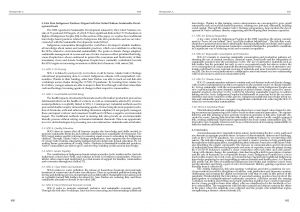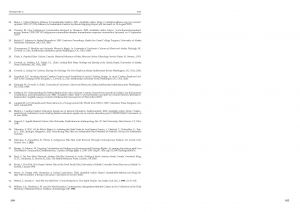Alutiiq Fish Skin Traditions
Palomino, E., Pardue, J. (2021) Alutiiq Fish Skin Traditions: Connecting Communities in the COVID-19 Era. MDPI Heritage, 4, x. Academic Editor(s): Claire Smith.
The Alutiiq, Indigenous inhabitants of the coastal regions of Southwest Alaska, created
garments made from fi sh skins, especially salmon, expertly sewn by women from Kodiak Island.
Traditionally, Alutiiq education focused on acquiring survival skills: how to navigate the seas in
all weathers, hunting, fi shing and tanning animal skins. Today, many Alutiiq people continue to
provide for their families through subsistence fi shing, honouring the ocean and navigating diffi cult
times by listening to their collective wisdom. This paper describes the series of fi sh skin tanning
workshops taught by June Pardue, an Alutiiq and Inupiaq artist from Kodiak Island that connected
participants in Alaska Native communities during the COVID-19 isolation months. Through an
online platform, June passed on expert knowledge of the endangered Arctic fi sh skin craft, assisting
participants in coping with the pandemic crisis by tapping into their knowledge of the natural
world, cultural resourcefulness, storytelling abilities and creative skills. Brought into the digital age,
the fi sh skin workshops strengthened connections among Alutiiq and Alaskan craftspeople while establishing new connections with an expanded network of fashion designers, museum curators, conservators and tanners. Finally, the paper highlights how fi sh skin Indigenous practices address the United Nations Sustainable Development Goals (SDGs) regarding poverty, health and well-being,
gender equality, clean water and sanitation, decent work and economic growth, social inequality,
responsible consumption and production, climate change and maritime issues.
https://doi.org/10.3390/heritage4040234
- Fish skin Peoples of the Bering Strait
- Indigenous Arctic Fish Skin Heritage
- The Arctic as viewed from Florence
- Fish Skin Coat from the Amur River
- Patagonian fish skin tanning processes
- Alutiiq Fish Skin Traditions
- A virtual Alutiiq Fish Skin workshop
- A virtual Ainu fish skin workshop
- Fish skin, a historical material
- Preservation of Hezhen Fish Leather tradition
- Fashion workshop in Anchorage
- Indigenous Fish Skin Craft Revived
- Fish skin, a new environmental-friendly material
- Indigenous Arctic Fish skin and Fashion HE
- SDG 14 Life Below Water: Fish Skin
